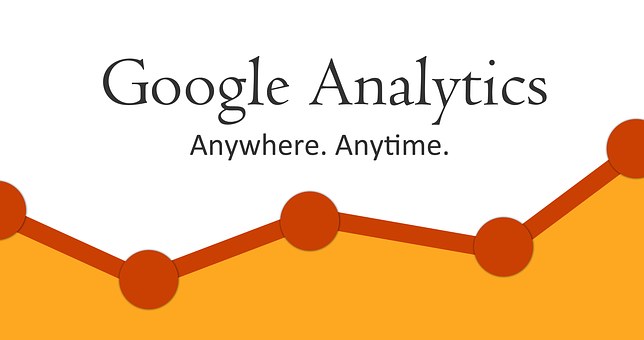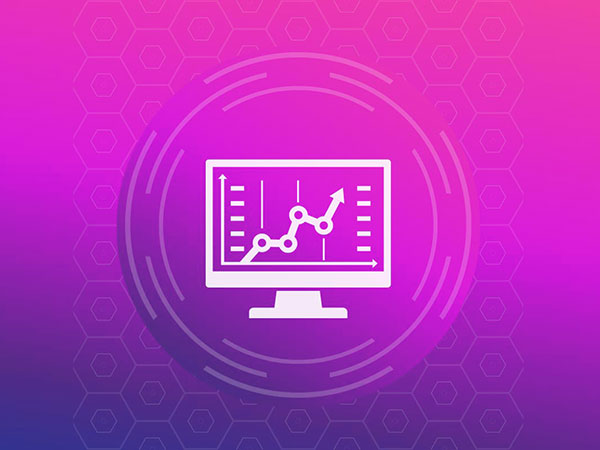Databases. They are not just confined to big business.
Remember that rogue traffic warden, who gave you a parking ticket thirty seconds before your time was up? Remember that customer service agent, who was rude and unhelpful to you over the phone? Remember that colleague who stole your idea and presented it as their own? Life is unfair, and there are lots of people, who take full advantage because they know that they can get away with it.
Well, maybe not for much longer. Their every move, word, and action is increasingly being tracked and recorded in one of the biggest shakeups the “service” industry has ever seen. Big Data is riding to the rescue of beleaguered customers and colleagues the world over.
Every movement of a traffic warden could be tracked on GPS, and every past decision will be immediately accessible. If certain patterns emerge that they are always at a certain place at a certain time of day, their predatory instincts will be confirmed. It will easily be possible to drill down by nature of the complaint, and justice may well be served. I’m sure that I have had a few dodgy parking tickets in my time… Imagine if traffic wardens knew that their every move and decision was open to analysis – parking would be far more pleasurable.
In the customer service sphere, voice recognition technology is already being introduced to track the quality of calls, but imagine if every word and phrase could be collated and set against the satisfaction metrics of an agent? Good service equates to certain words, bad service equates to other ones. “Computer says no” would no longer be an option, and agents would be encouraged to help in every way they could. There may even come a time when the tone of their voice could be analysed – now that would cause a revolution.
In the last example, if let loose in the world of corporate communications, Big Data could potentially cause mayhem. Analysis of emails and phone messages could identify those who break their promises, those with a passive-aggressive agenda and even those who exhibit all sorts of unconscious biases. If enough communication is processed, the links between cause and effect should be easy enough to make. It is another discussion entirely whether this sort of information collection is ethical, but in the name of policing the culture, it is entirely possible that some companies are engaging in this sort of “snooping” already.
In the pursuit of justice, information will prove to be a powerful weapon, but what cost the collection of this information? In the search for justice, will we be giving up our freedoms? It is going to be a very interesting next couple of decades. Big Brother is already watching us, but it will only be the elites of the world, who hold the key to the information, who will truly have the power to decide how to use it – for good or ill.
Don’t get me wrong; I would love a few more traffic wardens to get their just desserts, but how else could this minefield of information be used to control the general population? It may well shine a light on injustices, but it could equally be used as a repressive stick to keep everyone in line. Actually, I would rather pay the parking fine.
This article originally appeared here. Republished with permission. Submit your copyright complaints here.
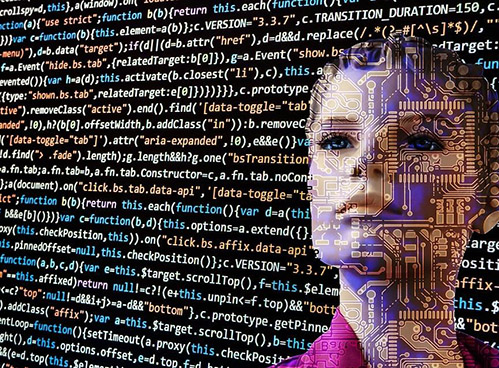
The data analytics of substance abuse & treatment
The...
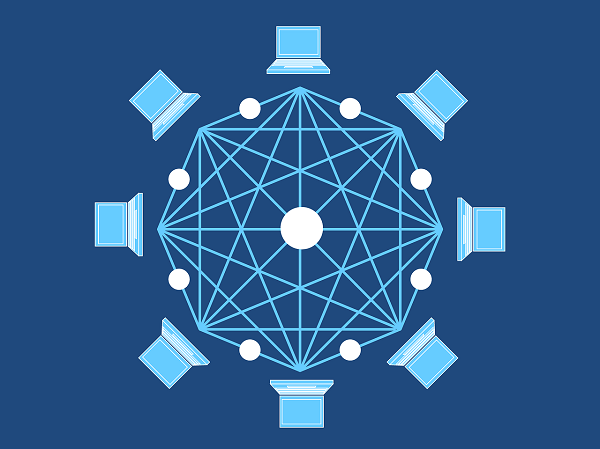
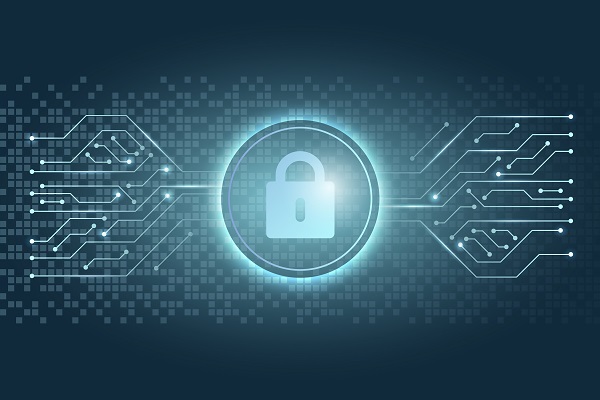


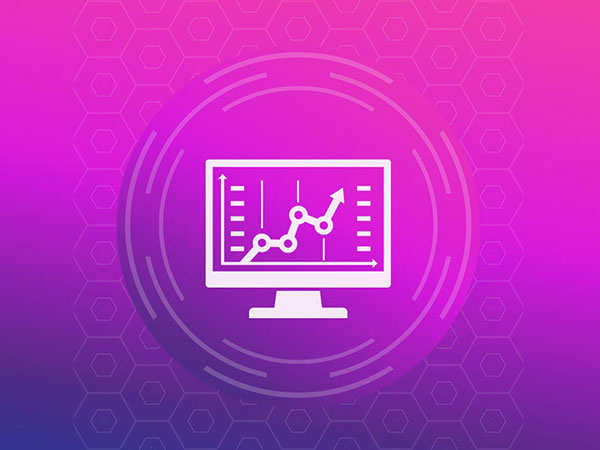
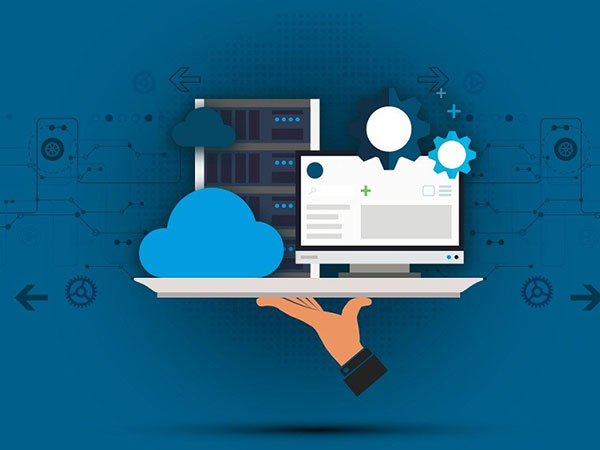
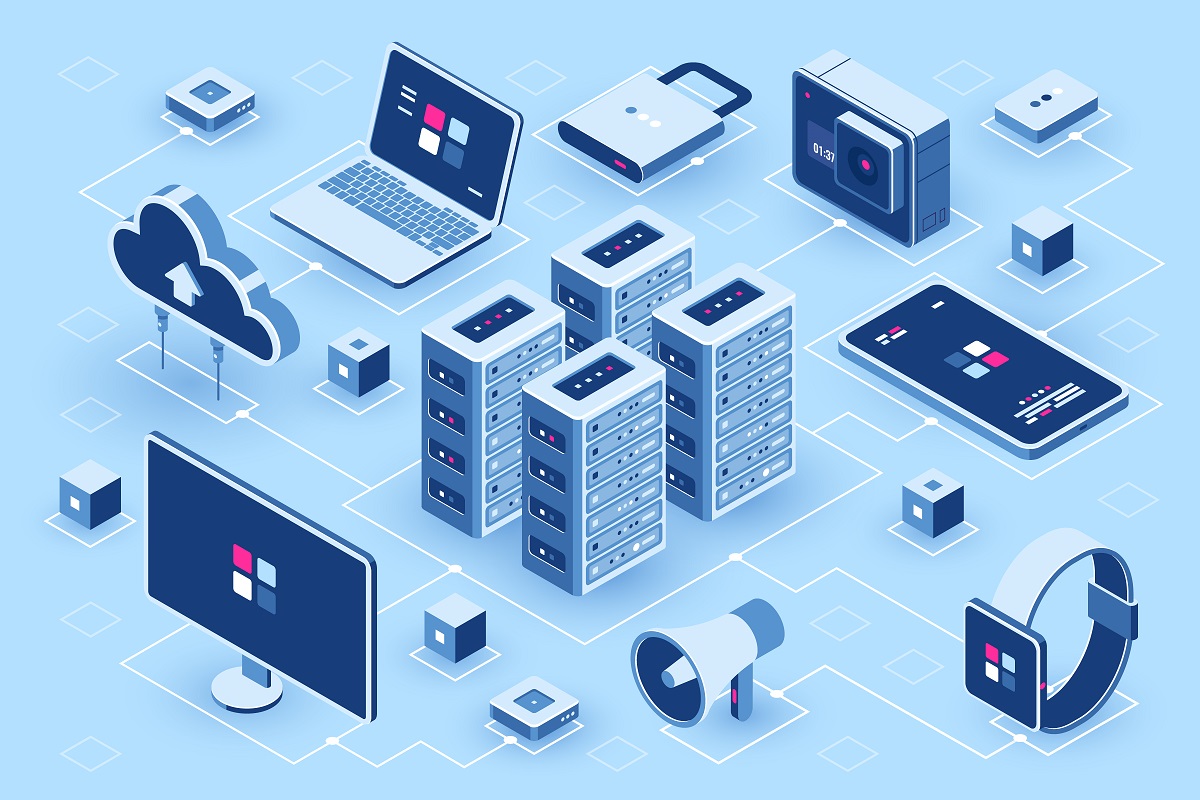

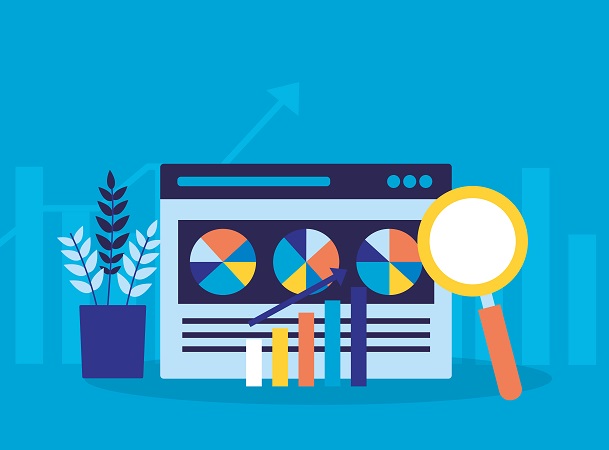
![7 data-driven ways to optimize your online store for mobile [Infographic]](https://crayondata.ai/wp-content/uploads/2019/11/optimize-1.jpg)


![Top tips and tricks to improving your customer experience [Infographic]](https://crayondata.ai/wp-content/uploads/2019/01/customer-journey-1.jpg)
